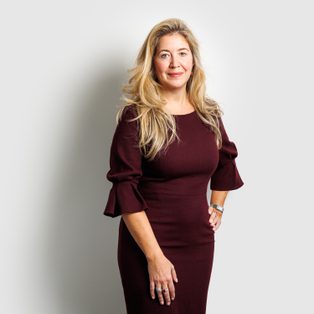One of the less talked about implications of losing capacity in old age is that Inheritance Tax (IHT) planning often becomes impossible without court intervention. Incapable wealthy family members cannot make gifts because they lack the capacity to authorise them. Even if they have had the foresight to sign a Property & Financial Affairs Lasting Power of Attorney, by law an attorney’s ability to make gifts is extremely limited and this cannot be overridden by any terms placed in the Lasting Power. If the member lacks capacity and there is going to be a big IHT bill to pay on their death, the only option is to make an application to the Court of Protection for authority to make a substantial gift.
Historically a key difficulty with such applications has been how to argue that a substantial gift of an incapable, senior family member’s assets in order to mitigate IHT on their death can in any way be in their best interests, as required by section 1(5) of the Mental Capacity Act 2005. In big money cases, though, there can be sufficient left over to be certain that the proposed gift will not be needed to pay for the individual’s care needs for the rest of their days – so why should incapable individuals be denied the right to make gifts for IHT planning reasons like everyone else?
The recent Court of Protection case of In the matter of JMA ([2018] EWCOP 19) demonstrates that these types of applications can succeed. The case involved an application by the attorney of a 72 year old woman (JMA), who lacked capacity due to early-onset dementia. The application was for various gifts totalling £7m from her estate worth £18.6m. She required full time care and had a life expectancy of up to ten years. Of particular interest in this case is that the applicant, the attorney, was JMA’s son and he was applying to make a £6m gift to himself! The reason given for bringing the case was to reduce the burden of IHT on her estate for the benefit of JMA’s heirs as a whole – of which the applicant was the main one. The respondents in the case were the Official Solicitor (representing JMA’s interests), two charities and JMA’s only granddaughter (the only child of her other, deceased, child), none of whom opposed the application.
The judge took into account a variety of factors including the affordability of the gift, JMA’s life expectancy, her complicated family relations and the fact that her wealth had come from her late fourth husband. In his Will he had expressed the hope that, in inheriting all his assets outright, she would have regard to those who he had said should benefit in the event that JMA did not survive him, and consider making gifts to them, in lifetime or on death. Her pattern of giving and the terms of her Will made prior to the onset of her incapacity were also examined in detail. Her rationale for each was available because she had been assisted by her family lawyer, who had recorded her reasons and intentions, but in her Will she gave the residue of her estate to her son, the applicant. The judge was also interested to hear about the importance that JMA had placed on IHT planning prior to losing capacity.
The judge recognised that the concept of best interests should be regarded as encompassing a broad range of considerations, not just those immediately associated with the individual’s self-interest. She adopted the usual ‘balancing exercise’ approach of weighing the factors in favour of and against making the gifts, declining to treat tax mitigation as a pro or con in its own right but instead as subsumed within the ‘in favour’ factor of enhancing the benefit received by those whom JMA wished to benefit (the estate would save £3m of IHT if she survived the gifts by seven years). Although the judge noted that the application was ‘self-serving’, it had not been ‘improperly brought’.
It may be thought that the attorney’s application received a relatively benign reception but this case demonstrates that, despite the current negative perception of legitimate tax planning in some quarters, bringing such applications before the Court of Protection should not be dismissed simply because the tax savings will be enjoyed by others.






































